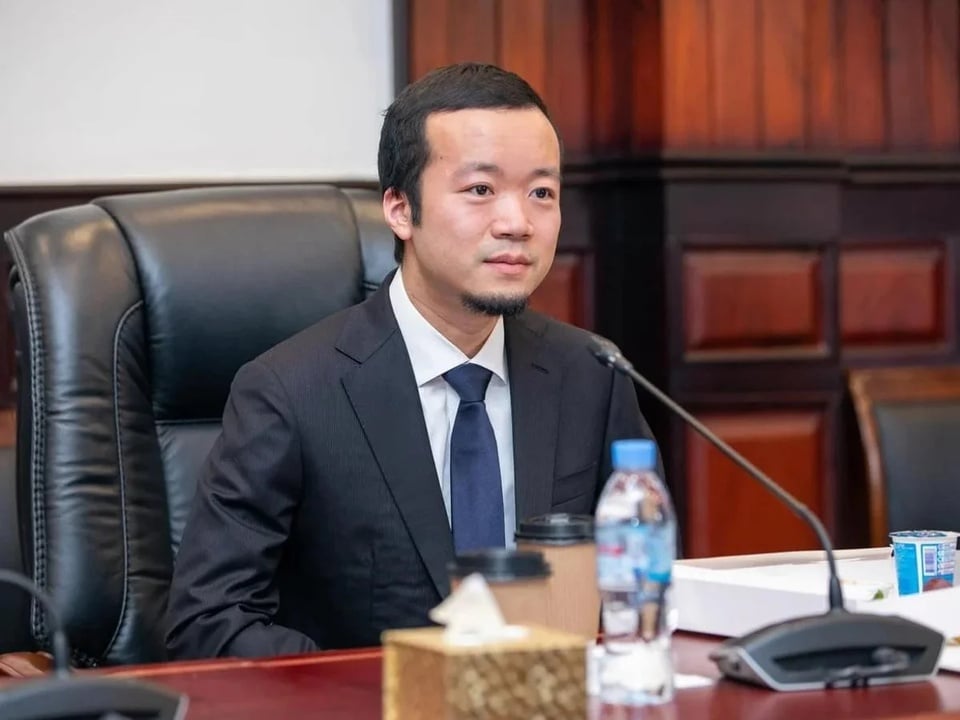 |
Tran Chi, Chairman of Prince Holding Group, is still wanted. Photo: Prince Holding Group . |
According to the announcement of the US Department of Justice (DOJ), the confiscated Bitcoins belong to Tran Chi, Chairman of Prince Holding Group, a Chinese, British and Cambodian national. This person is accused of running an online fraud and money laundering network related to labor exploitation complexes in Cambodia. This is the largest confiscation of crypto assets ever recorded in the history of this agency.
How the US government identified and controlled Tran Chi's Bitcoins has not been revealed. However, industry experts believe that the incident is likely related to a security breach or insider activity.
According to Angela Ang, Asia -Pacific policy director at blockchain research firm TRM Labs, Tran Chi’s crypto wallets changed custody in December 2020, coinciding with a major change in the storage system. Data showed that 25 of the wallets he held used weak security keys, making them vulnerable to pre-exploitation.
A report published in August by blockchain security firm Distrust said these private keys were generated using insecure random number generators, increasing the likelihood of unauthorized access. Yu Xian, founder of security firm SlowMist, said such weak keys are uncommon but can still happen if users create their own wallets without technical knowledge.
In the cryptocurrency system, non-custodial wallets allow users to manage their own private keys, which means they have full control over their assets. However, this also comes with a great risk because if they lose their private keys, all their funds can disappear forever. On the other hand, custodial wallets held by exchanges or third parties are technically more secure but less private.
Chen Zhi’s case follows a number of similar cases. Earlier this year, a Chinese woman named Qian Zhimin was sentenced in the UK after police seized $6 billion worth of cryptocurrency. In China, a crackdown on cryptocurrency money laundering has also resulted in the government recovering hundreds of thousands of Bitcoins from criminal groups.
However, experts say most of these seizures do not come from bypassing the security of blockchain technology, but from arresting people who directly hold private keys.
“Whether in China or the US, authorities often rely on legal action rather than cyberattacks to recover assets,” said Yu Xian.
Source: https://znews.vn/cau-hoi-lon-sau-vu-my-tich-thu-13-5-ty-usd-cua-trum-lua-dao-camuchia-post1595085.html



![[Photo] Chairman of the Hungarian Parliament visits President Ho Chi Minh's Mausoleum](https://vphoto.vietnam.vn/thumb/1200x675/vietnam/resource/IMAGE/2025/10/20/1760941009023_ndo_br_hungary-jpg.webp)
![[Photo] Solemn opening of the 10th Session, 15th National Assembly](https://vphoto.vietnam.vn/thumb/1200x675/vietnam/resource/IMAGE/2025/10/20/1760937111622_ndo_br_1-202-jpg.webp)

![[Photo] The Steering Committee of the 2025 Fall Fair checks the progress of the organization](https://vphoto.vietnam.vn/thumb/1200x675/vietnam/resource/IMAGE/2025/10/20/1760918203241_nam-5371-jpg.webp)



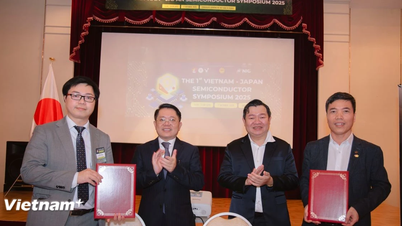





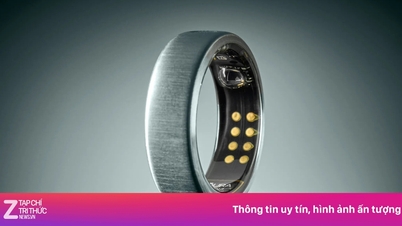















































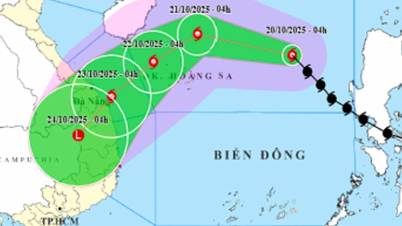



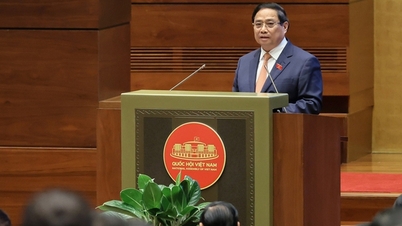








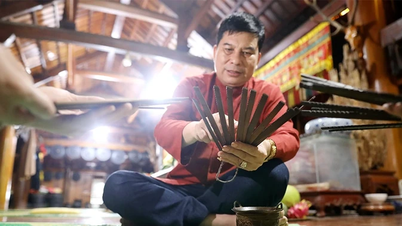






















Comment (0)